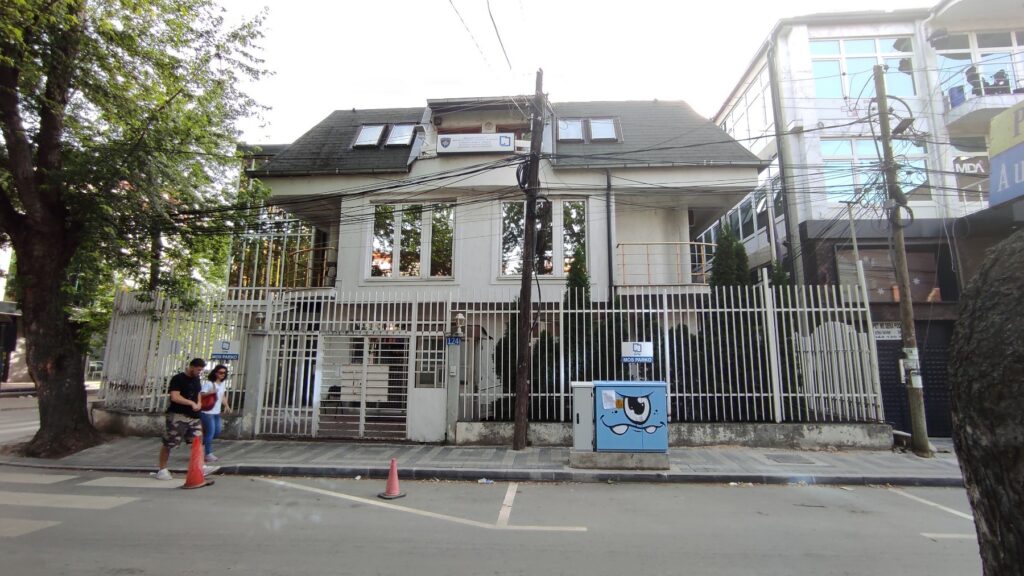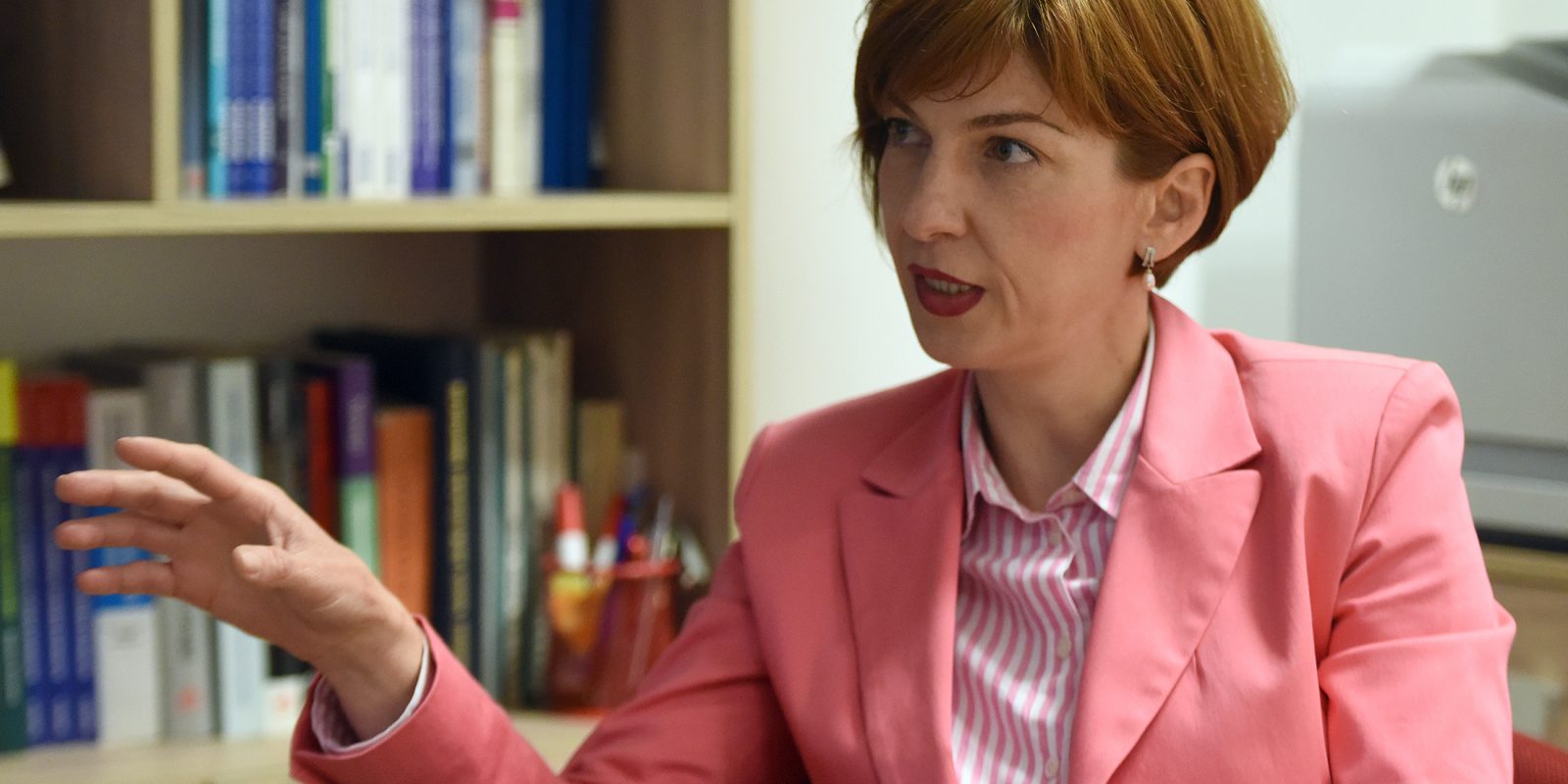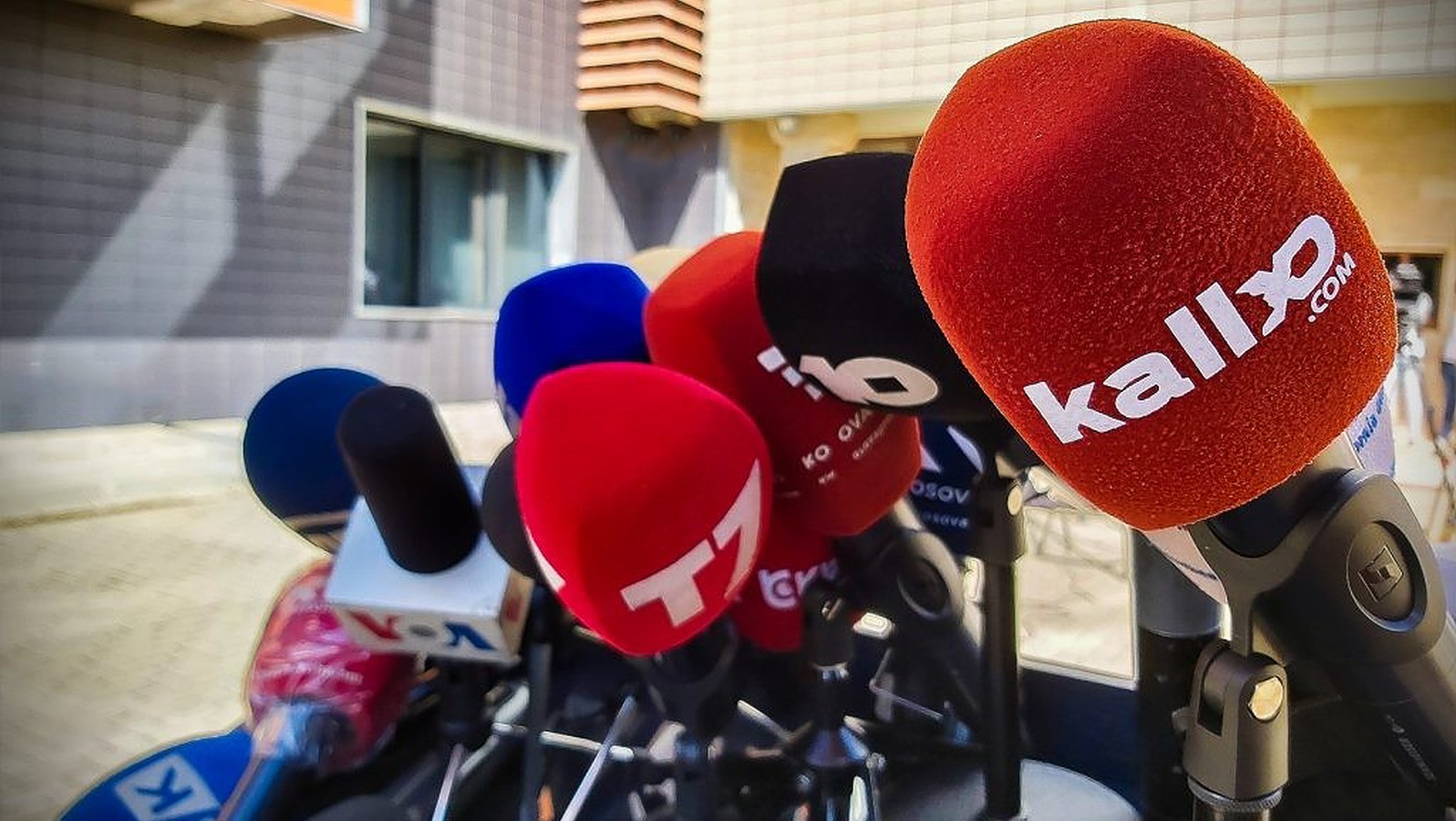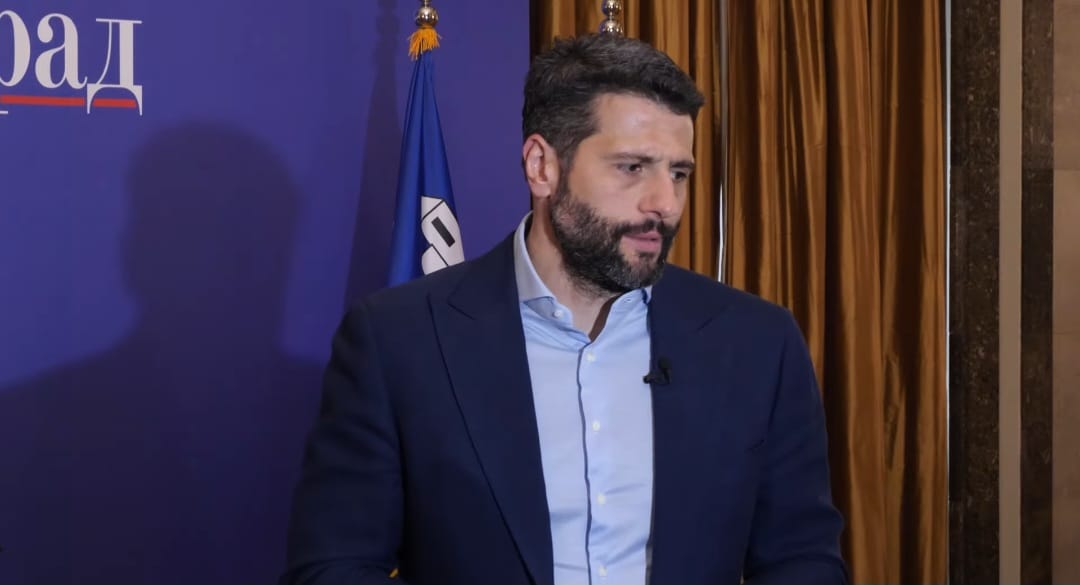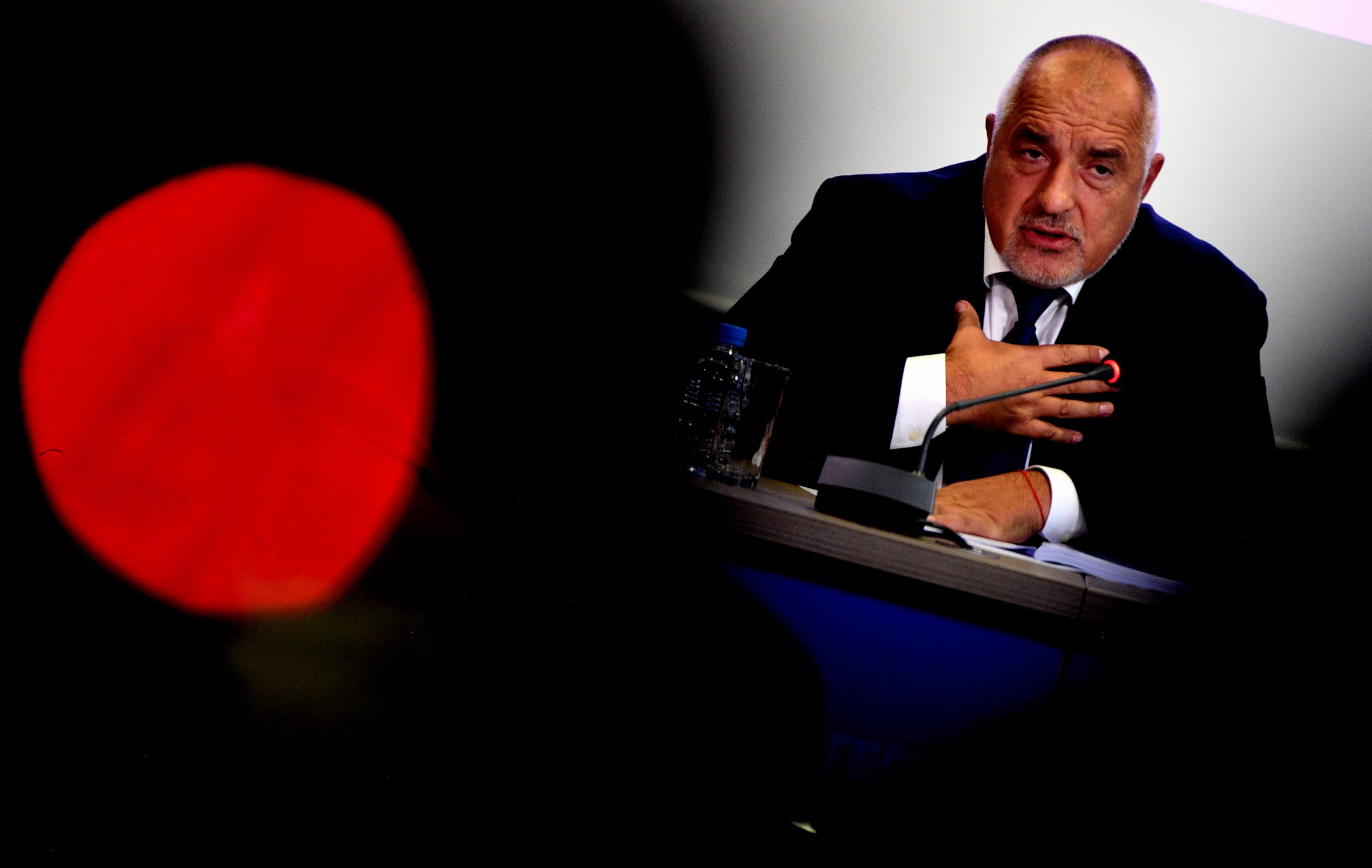Members of the Croatian Journalists’ Association, HND, on Monday unfurled a banner reading: “What are you afraid of?” in front of the Croatian Ministry of Justice and Administration and held a press conference where they expressed concern about the government’s position on the Anti-SLAPP Directive, calling it very “watered down”.
The purpose of regulating SLAPPs (Strategic Lawsuits Against Public Participation), is to deter plaintiffs and shorten court proceedings to last only as long as necessary for the court to determine that it is SLAPP, it was said at the press conference in front of the Ministry of Justice and Administration.
The president of the HND, Hrvoje Zovko, said SLAPP lawsuits were an attack on freedom of speech, used by politicians, entrepreneurs and even judges to persecute journalists in litigation and criminal cases.
“Croatia is the worst member state in the European Union [for SLAPPs]. Although the Ministry of Culture and Media has established a working group dealing with the issue … we are not satisfied. For five years, we have been listening to the declaratory promises of the government, which does nothing concrete,” he said.
He added that, although there are no significant obstacles in the Croatian legal system for the introduction of standards that would protect journalists and other SLAPP targets from pending litigation, the government has sided with the general approach of the Council of the EU, which has significantly diluted the proposal of the European Commission.
According to the latest HND research on lawsuits for damage to reputation and honour filed against journalists and the media, 945 lawsuits are active in Croatia, and the longest court case has been going on for 33 years.
“SLAPP lawsuits are a new form of attack on the journalism profession. Today, you no longer have to physically hit or attack someone, it is enough to harass them with lawsuits, and we are talking about compensation claims in the tens of millions of euros,” Zovko said.
The president of the European Federation of Journalists, EFJ, and of the Trade Union of Croatian Journalists, SNH, Maja Sever said they had issued a joint statement of the HND and EFJ just before the parliamentary session in Strasbourg, where the Anti-SLAPP Directive will be discussed.
“In the last month, we have been watching the dilution of documents that should protect journalistic freedoms. … We are here to warn you, fulfill your promises, what are you afraid of?” she said.
Sever said an effective framework for stopping SLAPP lawsuits is not being offered because it is intended to limit the scope of the directive to narrowly defined “cross-border” cases, i.e. cases in which criminal prosecution takes place in another EU member state.
She said the new “softened” approach weakens the mechanism of early rejection of the lawsuit by proposing a restrictive definition of “manifestly unfounded cases”, abolishes the provision on compensation for damages for the targets of SLAPP lawsuits, and excludes civil claims initiated in criminal proceedings.
Members of HND submitted a letter with demands to the Minister of Justice and Administration, Ivan Malenica.
International media watchdog Reporters Without Borders, RWB, in 2022 put Croatia in 48th place out of 180 countries included in the index. RWB said that while the media scene in Croatia has become diverse and dynamic, “the government is failing to protect journalists against legal attempts to muzzle them, and against organized crime”.
“The government itself represents a threat to press freedom,” says the RWB report, emphasizing that “defamation is a criminal offense in Croatia, and regularly invoked by politicians and business people to discourage journalists’ questions about their activities.”






 BIRN’s journalist, Adelina Ahmeti, while reporting from Leposavic. Photo: BIRN/Jetmir Hoxha
BIRN’s journalist, Adelina Ahmeti, while reporting from Leposavic. Photo: BIRN/Jetmir Hoxha BIRN’s car was damaged on May 31, in Leposavic, by unknown protesters. Photo: BIRN/Shkodrane Dakaj
BIRN’s car was damaged on May 31, in Leposavic, by unknown protesters. Photo: BIRN/Shkodrane Dakaj